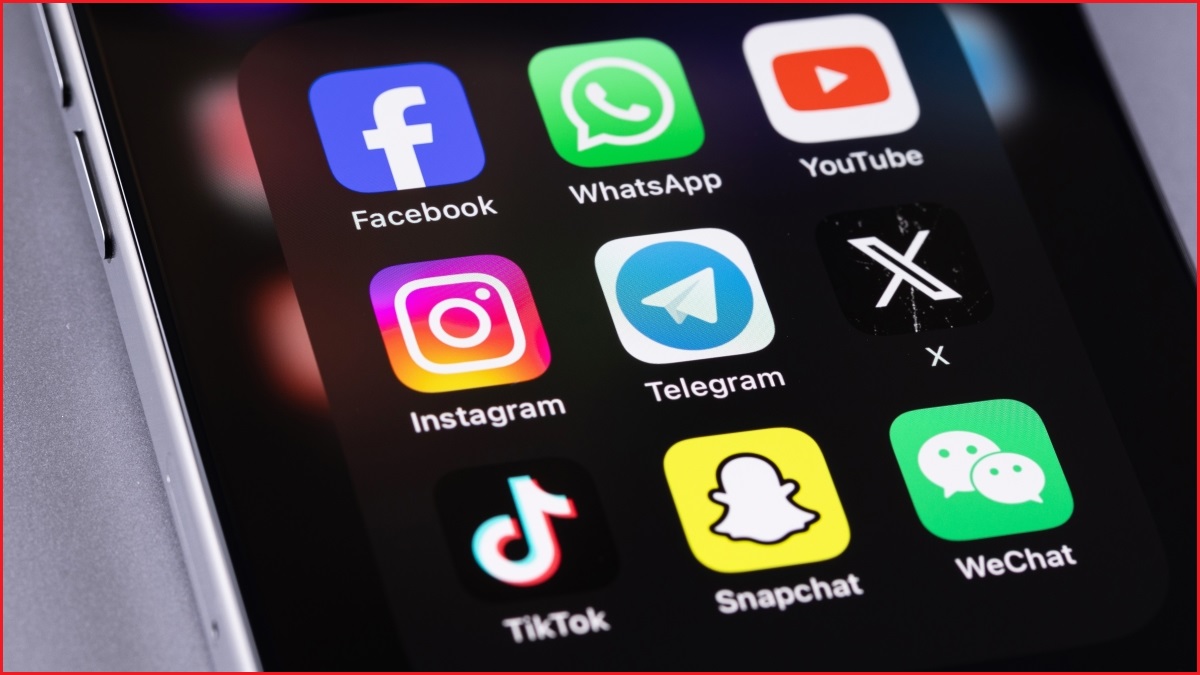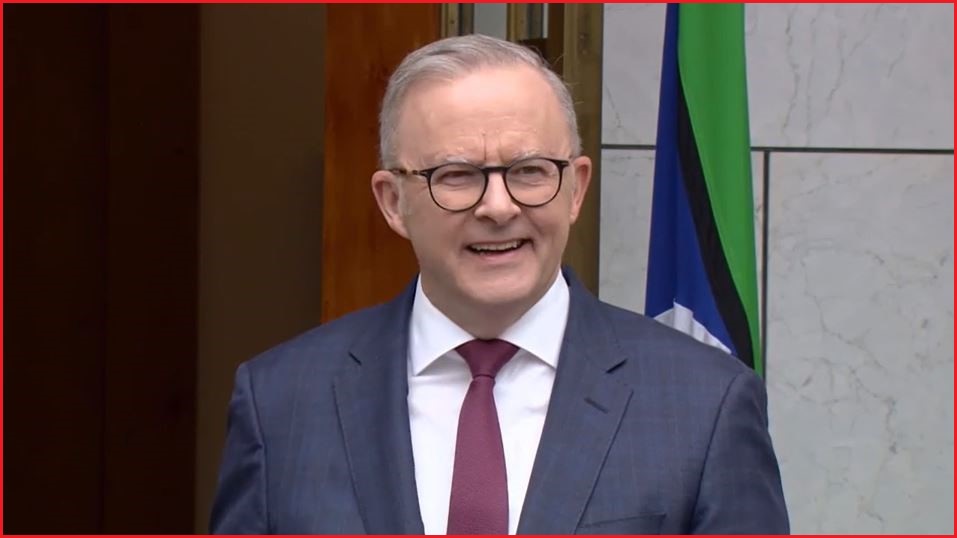The Australian government plans to ban children under the age of 16 from having social media accounts, with Prime Minister Anthony Albanese announcing the reforms will be considered by state and territory leaders at a meeting of national cabinet on Friday.
Albanese confirmed the age restriction on Thursday morning after previously floating it as somewhere between 13 and 16.
Communications Minister Michelle Rowland said impacted platforms would include the likes of Instagram, TikTok, Facebook, X (formerly Twitter), and “likely” YouTube — but there would be exemptions on some platforms if users were not logged in to a personal account.
The decision to set the minimum age for social media at 16 was decided by cabinet on Monday as part of what Albanese argued were “world-leading reforms”.
“The onus will be on social media platforms to demonstrate they are taking reasonable steps to prevent access,” he told a press conference.
“The onus won’t be on parents or young people.
“… It's something that is of enormous concern and we know the social harm that can be caused and we know the consequences here.”
Legislation would be introduced when parliament resumes in a fortnight and would take effect 12 months after being passed, the prime minister said.
He said social media platforms would be penalised if they did not adhere to the reforms, but there would be “no penalties for users” who managed to circumvent the rules.
Rowland suggested penalties against offending platforms would be greater than those in existing legislation, which topped out at $1 million.
The eSafety Commissioner would oversee enforcement of the rules, and the legislation would also be reviewed after taking effect to “make sure it’s [done] right”, Albanese said.
The definition of an age-restricted social media platform would also remain flexible, the prime minister said, to allow students to still access certain systems such as education platforms.
‘A range of views about age’
National cabinet would assess the government’s age proposal of 16 on Friday morning, the prime minister said, as “there were a range of views about age”.
"What we didn't want was for different systems to be established across different states,” he said.
“Common sense tells you that that would not be a good way to go.”
The prime minister said he was “pretty confident” the government would gain national cabinet’s support, and confirmed a further update would be provided after the meeting.
Opposition leader Peter Dutton had also promised to ban children under 16 from social media if the Coalition won the next election.
Experts have expressed differing views on whether social media age restrictions are the best way to mitigate the issues such platforms can cause for young people.
Some pushed for children to be better educated about how to manage social media’s dangers, instead of being outright banned from it.
Prime Minister Anthony Albanese argues the social media ban will give parents greater peace of mind. Image: ABC News / YouTube
Rowland argued the government had already invested heavily in digital literacy programs for young people.
The government had taken “a pragmatic approach” to arriving at 16 as the age to begin allowing Australians access to social media accounts, she said.
"We've consulted widely with experts, with parents, with youth organisations, with advocacy groups, with academics and, of course, our state and territory colleagues.”
The government had also discussed whether to allow children exemptions from its social media rules if they had the consent of a parent or guardian, but this was decided against, Albanese said.
Statistics released by the New South Wales government in September found 45 per cent of children aged between 5 and 9 used social media — a percentage which rose to 70 per cent between ages 10 and 12, and 94 per cent between 13 and 15.
Will everyone need to verify their age?
Rowland said the government’s $6.5 million age assurance trial would inform which technology was used to verify the age of Australians online, but did not clarify if all Australians would need to verify their age whenever they accessed social media platforms.
The prime minister said privacy protections would be put in place for information collected when a user’s age was verified.
He has previously stated that facial recognition tools would be among the technologies tested.
Rowland said social media companies had been consulted on the reforms, and argued their one-year lead in time allowed for practicalities to be worked out.
Without referring to Instagram’s recently announced teen accounts by name, Rowland said the government had already seen some social media platforms implement more child-friendly versions of their services.
“I think that form of incentive regulation, even in the absence of the legislation being introduced, has been a positive one,” she said.
While Rowland admitted social media offered “many benefits” to young people in Australia, she argued the government had sought to “achieve a balance between minimising harms caused by young people accessing social media, while still enabling connection and inclusion”.
“The normative value this will provide to parents is immense,” she said.











